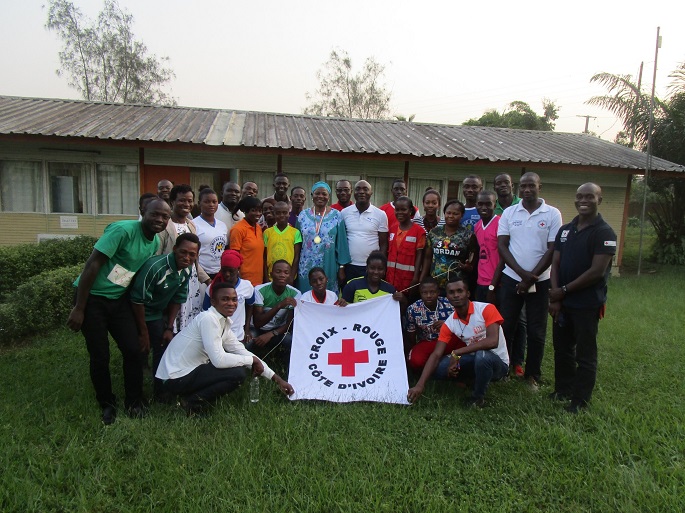Govt grants EUR 206.8m to CSOs' development
Published : 10 Feb 2018, 01:27
Updated : 10 Feb 2018, 20:01
Minister for Foreign Trade and Development Kai Mykkänen on Friday adopted a decision of the Ministry for Foreign Affairs to grant EUR 206.8 million to Finnish civil society organisations (CSOs) for development cooperation programmes to be carried out in 2018–2021.
The funding is directed to 22 programmes, said an official press release.
The five biggest recipients are Finn Church Aid, the Finnish Evangelical Lutheran Mission, Fida International, Plan Finland, and the Finnish Red Cross.
All the 22 organisations have also received funding from the Foreign Ministry before. Half of them were granted more funding than previously, six of them were granted the same amount of funding as in 2017, and funding for five organisations is now smaller than it was in 2017.
“The amount of development cooperation appropriations will remain at the same level as in 2017. The aim is to channel the funding to work that is as comprehensive and effective as possible. Organisations that reached the best results in the overall assessment of performance will now receive more funding than earlier,” said Kai Mykkänen.
The programmes of the CSOs focus on East Africa, South and Southeast Asia and the Middle East. In Africa, the organisations' biggest partner countries are Uganda, Kenya, Ethiopia, Somalia, Tanzania and South Sudan, where they often work among the poorest people and communities in order to increase people's opportunities for employment and livelihoods and for education and health care services. This aims to reduce inequality in societies.
In many programmes, the beneficiaries are refugees and their host communities. On the other hand, the work addresses the root causes of migration, such as poverty, lack of prospects, and challenges related to disaster resilience.
The recipients include organisations that have expertise in conflict resolution and promotion of democracy. The programmes also enhance sustainable management of natural resources. Climate change is taken into account in all activities.
Programmes are implemented in cooperation with local partners in order to strengthen civil society actors' capacity to promote human rights. Additionally, public sector actors are supported in their task as duty bearers in the implementation of human rights and the provision of public services.


